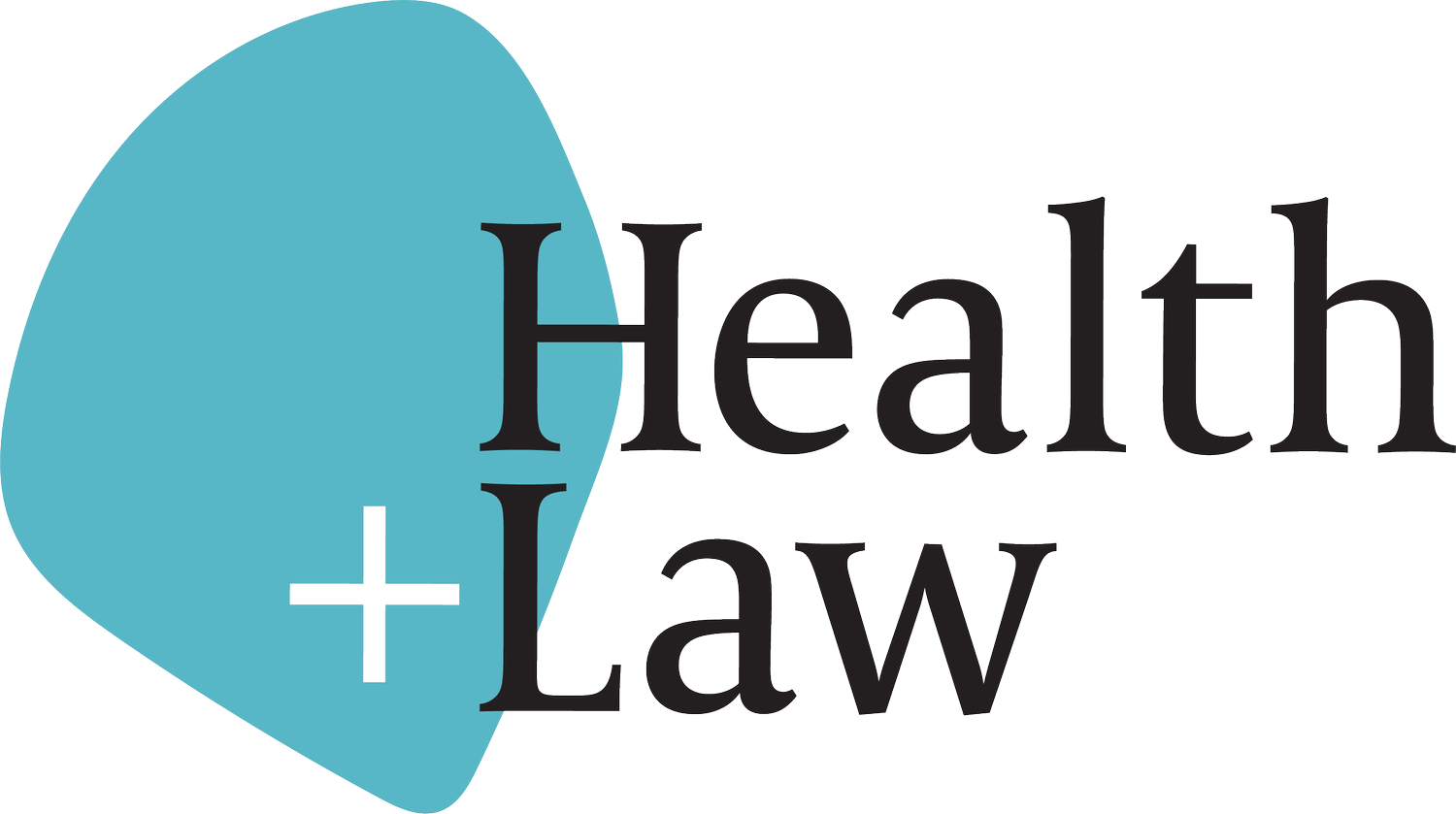Legal Need vs. Justiciable Issue: Untangling their Meanings
28 April 2023
This month we delivered a presentation to the National Hepatitis Infoline Working Group on the Health+Law project. As part of the presentation, Rhys Evans, Research Assistant and PhD candidate, provided the Working Group with a detailed explanation of the term ‘legal need’, drawing on work by Health+Law Chief Investigator Anthea Vogl. Given that this is essential context for our project, particularly in our Legal Needs Study (LeNS), we want to share Anthea and Rhys’s insights here on our blog.
A term that comes up frequently in relation to legal needs is ‘justiciable issue’. The difference between the two terms is subtle but significant for our research.
It would be understandable to assume that a justiciable issue is a problem that must be resolved through the justice system, with lawyers and courts. But it has a much broader definition – it describes any issue or everyday problem experienced by a person that could potentially have a legal resolution, whether or not it is resolved using any part of the justice system. In fact, a justiciable issue can be dealt with through a variety of methods unrelated to formal institutions or processes – many of which are people’s first port of call. Rhys put this into perspective:
When we think about certain types of problems such as tenancy issues, employment issues or neighbour disputes, lawyers are unlikely to get involved – particularly at the beginning of these disputes. A person is most likely to seek advice from their friends, family, colleagues or supervisors, and potentially act on that advice.
A legal need, however, arises when legal support is required to properly resolve a justiciable issue. In this way, we can think of legal needs as ‘met’ or ‘unmet’. An unmet legal need is one where a justiciable issue is not dealt with appropriately, due to the unavailability or inaccessibility of effective legal support.
Rhys mentioned that people can be hesitant or unwilling to engage a lawyer for many reasons when faced with a justiciable issue, including accessibility and cost issues, lack of understanding about how a lawyer could assist, and past negative experiences with lawyers.
At Health+Law, we want to establish a detailed picture of the met and unmet legal needs of people living with BBVs, the justiciable issues that generate the need for legal intervention or support, and the impact these legal needs have on their health-related needs and quality of life.


